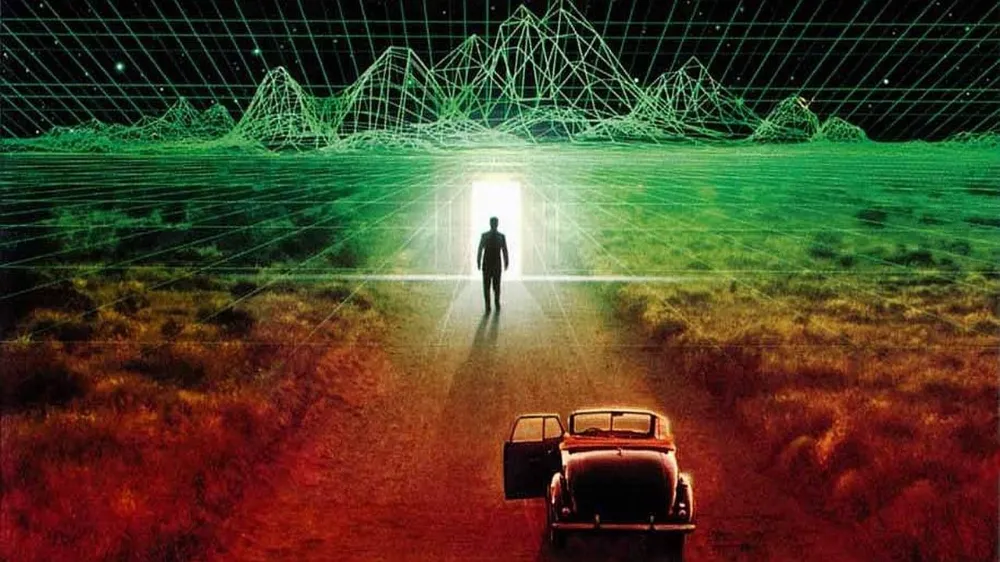15798,99%0,31
43,97% 0,04
51,21% 0,19
7306,12% 1,43
11964,95% 0,98

Scientists Explore the Simulation Hypothesis: New Evidence Emerges
The idea that our reality might be a sophisticated computer simulation has been a popular topic in science fiction and philosophy for decades. Now, a growing number of scientists are taking the idea seriously, with some even suggesting that there's evidence to support it.
A New Law of Physics?
A recent study published in AIP Advances by Dr. Melvin Vopson, a physicist at the University of Portsmouth, proposes a new law of physics that could support the simulation hypothesis. Dr. Vopson argues that the universe behaves like a computer, with information being processed and stored in a way that's similar to how a computer operates. He suggests that the universe might be a digital facsimile, a complex virtual simulation running on a cosmic computer.
The Simulation Argument
The simulation argument, popularized by philosopher Nick Bostrom, suggests that it's more likely than not that we are living in a simulation. Bostrom argues that if advanced civilizations are capable of creating simulations, then it's statistically probable that we are living in one of those simulations.
The Debate Continues
While the simulation hypothesis is intriguing, it remains a highly speculative idea. Many scientists remain skeptical, arguing that there's no concrete evidence to support it. However, the ongoing research and debate highlight the ongoing quest to understand the nature of reality and the limits of our knowledge.
The Future of the Simulation Hypothesis
As technology continues to advance, it's possible that we may one day be able to gather more evidence to support or refute the simulation hypothesis. The ongoing exploration of this idea is a testament to the human desire to understand our place in the universe and the nature of reality itself.

Veri politikasındaki amaçlarla sınırlı ve mevzuata uygun şekilde çerez konumlandırmaktayız. Detaylar için veri politikamızı inceleyebilirsiniz.